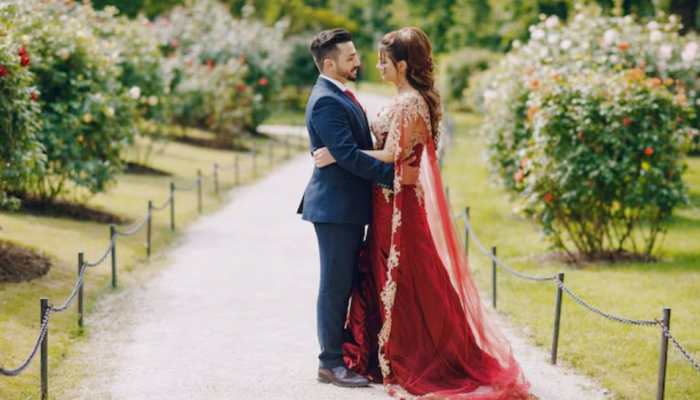Kaneria submits 28,000 pounds to get appeal hearing on ban
Pakistan`s banned test leg-spinner, Danish Kaneria has submitted a sum of 28,000 pounds with a commercial high court in London in order to get his appeal against the life ban heard on April 11th.
Trending Photos
)
Karachi: Pakistan`s banned test leg-spinner, Danish Kaneria has submitted a sum of 28,000 pounds with a commercial high court in London in order to get his appeal against the life ban heard on April 11th.
A source close to Kaneria told PTI that he had with the help of relatives, friends and colleagues managed to raise the 28,000 pounds.
"He is in dire financial strait but this hearing is also his last chance of being cleared and having the ban removed so he somehow managed to raise the amount," the source said. Kaneria was told by the commercial court judge last month that he would have to deposit the security money if he wanted his appeal against his life ban to be heard on April 11th.
"The appeal hearing will now be held on schedule," the source said. Kaneria was given a life ban in mid-2012 by the disciplinary committee of the England and Wales cricket board (ECB) for allegedly encouraging his teammates at Essex county to indulge in spot fixing.
His initial appeal against the life ban was dismissed by an appeals panel of the ECB last year after which the leg spinner decided to approach the commercial bench in the high court.
Stay informed on all the latest news, real-time breaking news updates, and follow all the important headlines in india news and world News on Zee News.
Advertisement
Live Tv
Advertisement







)
)
)
)
)
)
)
)
)
)
